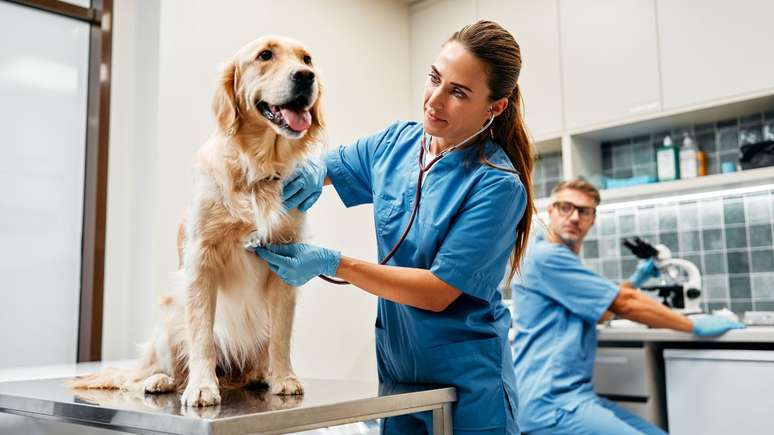Taking your pets to the vet is important to prevent disease; knowing how often you need to have a check-up
One of the greatest proofs of love that a guardian can give to his pet is to take care of his health, including his Consultations with the veterinarian. This is because it is precisely in this way that it is possible to avoid or detect diseases that could affect the quality of life of the animal, right? This is the case of gastrointestinal and dermatological problems, which affect many animals throughout the year.
“Preventive veterinary medicine aims to prevent the onset of diseases in animals and increase their quality of life. In general, I can say that early diagnosis of a disease will significantly increase the animal’s life expectancy,” says Dr. Aline Ambrogi, veterinarian at the Jaguariúna University Center (UniFAJ).
But the question remains: How often should you take your pets to the vet, even if there are no signs of anything wrong? According to the expert, every six months This is a good frequency. This way you can prevent the most common diseases, as well as any other necessary tests or procedures.
What are the consultations like?
Now that you know how often to take your pets to the vet, it is important to understand a little more about these routine appointments. First, remember to bring your pets’ vaccination cards with you to each appointment, because they could be important.
“The consultation always follows an evaluation standard. First, the basic data of the animal is collected such as name, breed and weight. Then the vet will ask a series of questions about the animal’s routine, asking about health problems, the environment in which it lives, what it eats, if it normally satisfies its physiological needs, etc.”, explains Aline.
Then comes the physical examination part, which includes heart rate, respiratory rate, body temperature, among others. The UniFAJ veterinarian also explains that tests can be requested by the professional.
Tests considered routine are: blood, which includes a complete blood count and evaluation of the kidneys and liver; abdominal ultrasound and even stool tests, urine tests, X-rays and electrocardiogram. According to the specialist, it is up to the veterinarian to evaluate at the time of the visit which tests to perform.
Finally, it is worth remembering that a preventive consultation with a trusted veterinarian guarantees the quality of life of your pet. Therefore, the tutor must look for qualified professionals and places with quality infrastructure.
Source: Terra
Ben Stock is a lifestyle journalist and author at Gossipify. He writes about topics such as health, wellness, travel, food and home decor. He provides practical advice and inspiration to improve well-being, keeps readers up to date with latest lifestyle news and trends, known for his engaging writing style, in-depth analysis and unique perspectives.








